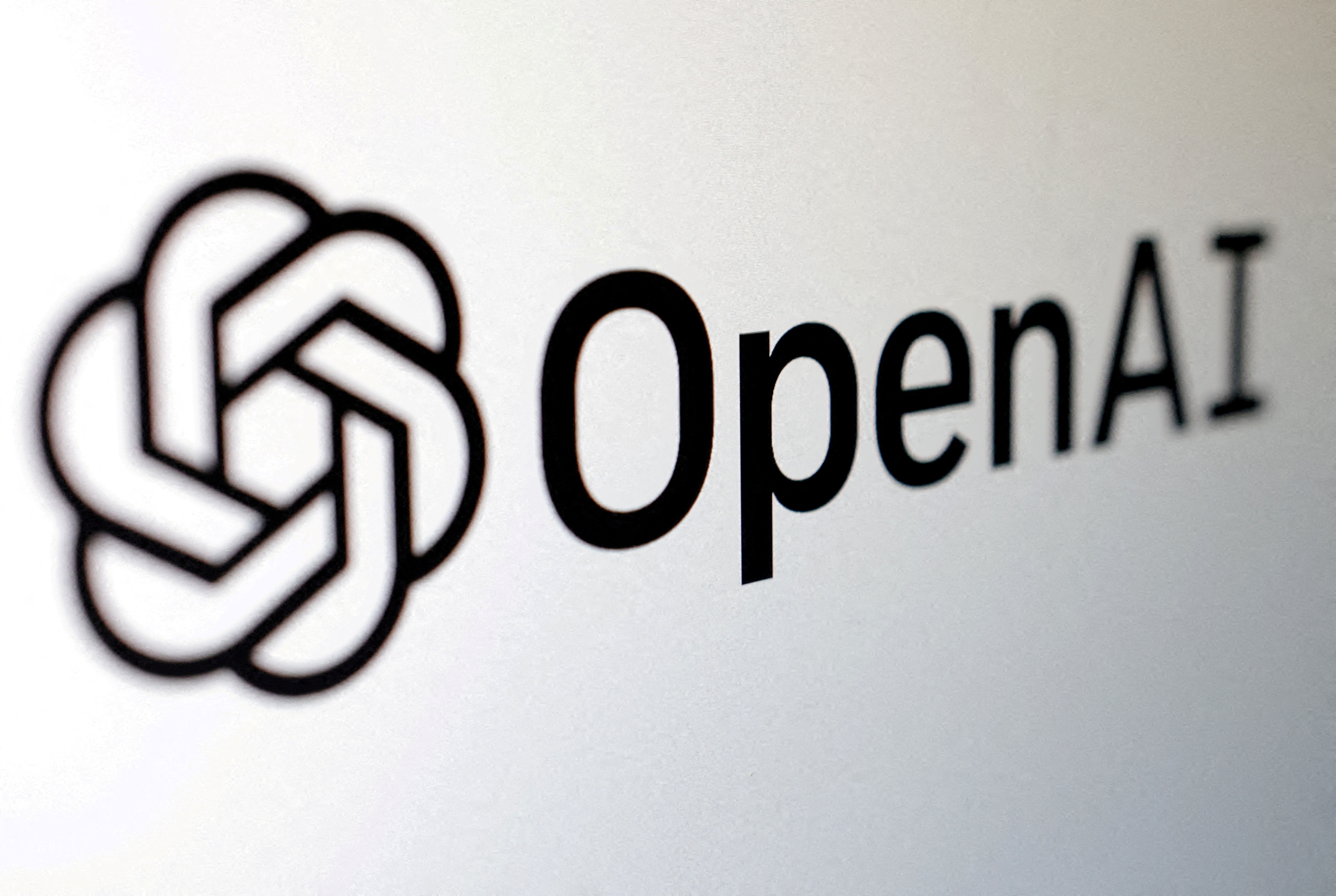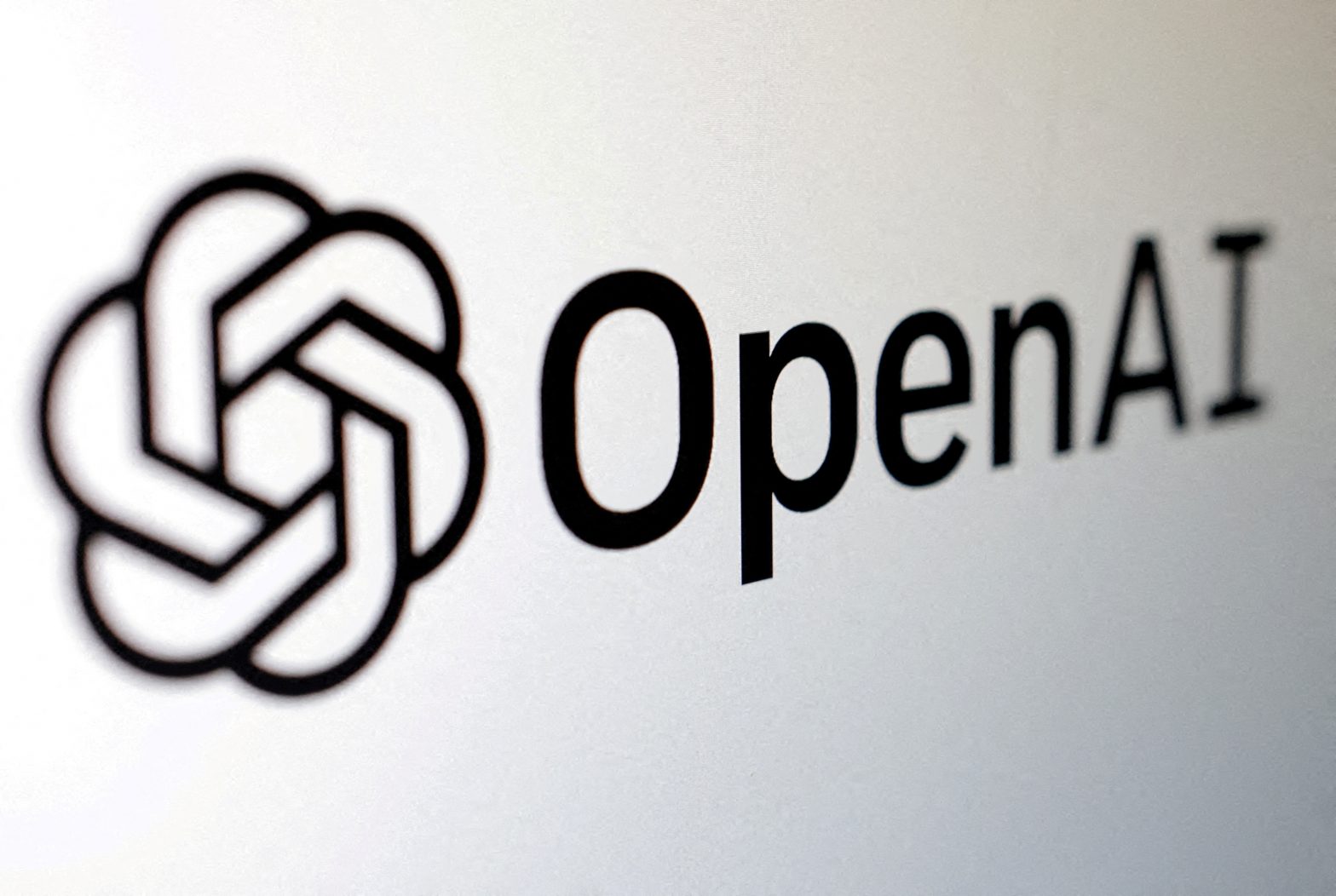
OpenAI logo is seen in this illustration taken, February 3, 2023. REUTERS/Dado Ruvic/Illustration/File Photo Acquire Licensing Rights
Nov 20 (Reuters) – Some investors in OpenAI, makers of ChatGPT, are exploring legal recourse against the company’s board, sources familiar with the matter told Reuters on Monday, after the board ousted CEO Sam Altman and sparked a potential mass exodus of employees.
Sources said investors are working with legal advisers to study their options. It was not immediately clear if these investors will sue OpenAI.
Investors worry that their hundreds of millions invested in OpenAI, a crown jewel in some of their portfolios, could suffer catastrophic losses as a result of what appears to be a potential collapse of the hottest AI startup in the rapidly growing generative AI sector.
By Monday, most of OpenAI’s more than 700 employees threatened to resign unless the company replaced the board. OpenAI’s board fired Altman on Friday after a “breakdown of communications,” according to an internal memo seen by Reuters.
What made the case unusual for VC investors, who usually hold board seats or voting power in their portfolios, is OpenAI is controlled by its non-profit parent company OpenAI Nonprofit, which was created to benefit “humanity, not OpenAI investors.”
As a result, employees have more leverage than the venture capitalists who helped pay their salaries, said Minor Myers, a law professor at the University of Connecticut.
Microsoft (MSFT.O) owns 49% of the company, while other investors and employees control 49%, with 2% owned by OpenAI’s nonprofit parent.
Reporting by Anna Tong in San Francisco and Krystal Hu in New York; Editing by Kenneth Li and Lisa Shumaker
Our Standards: The Thomson Reuters Trust Principles.
